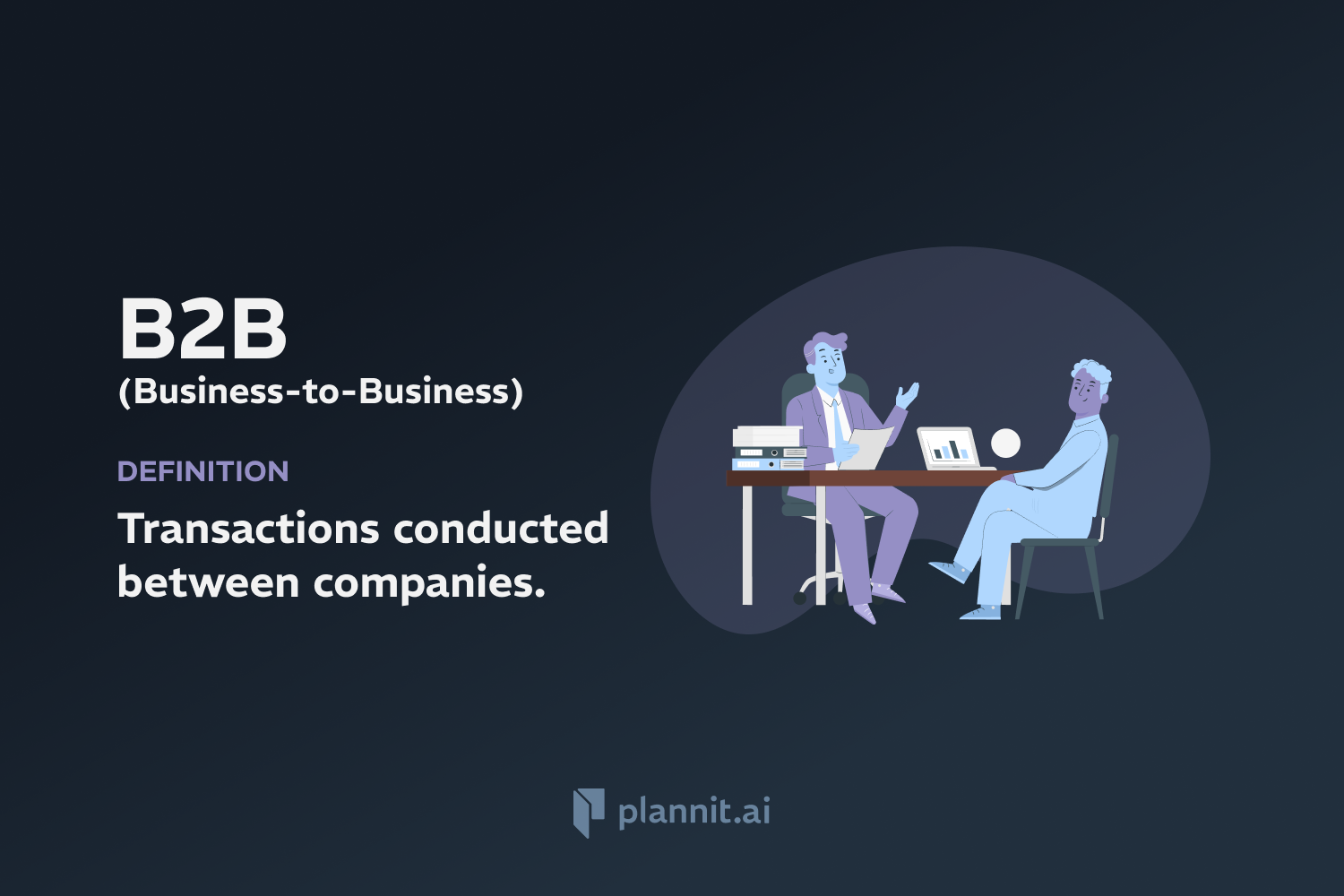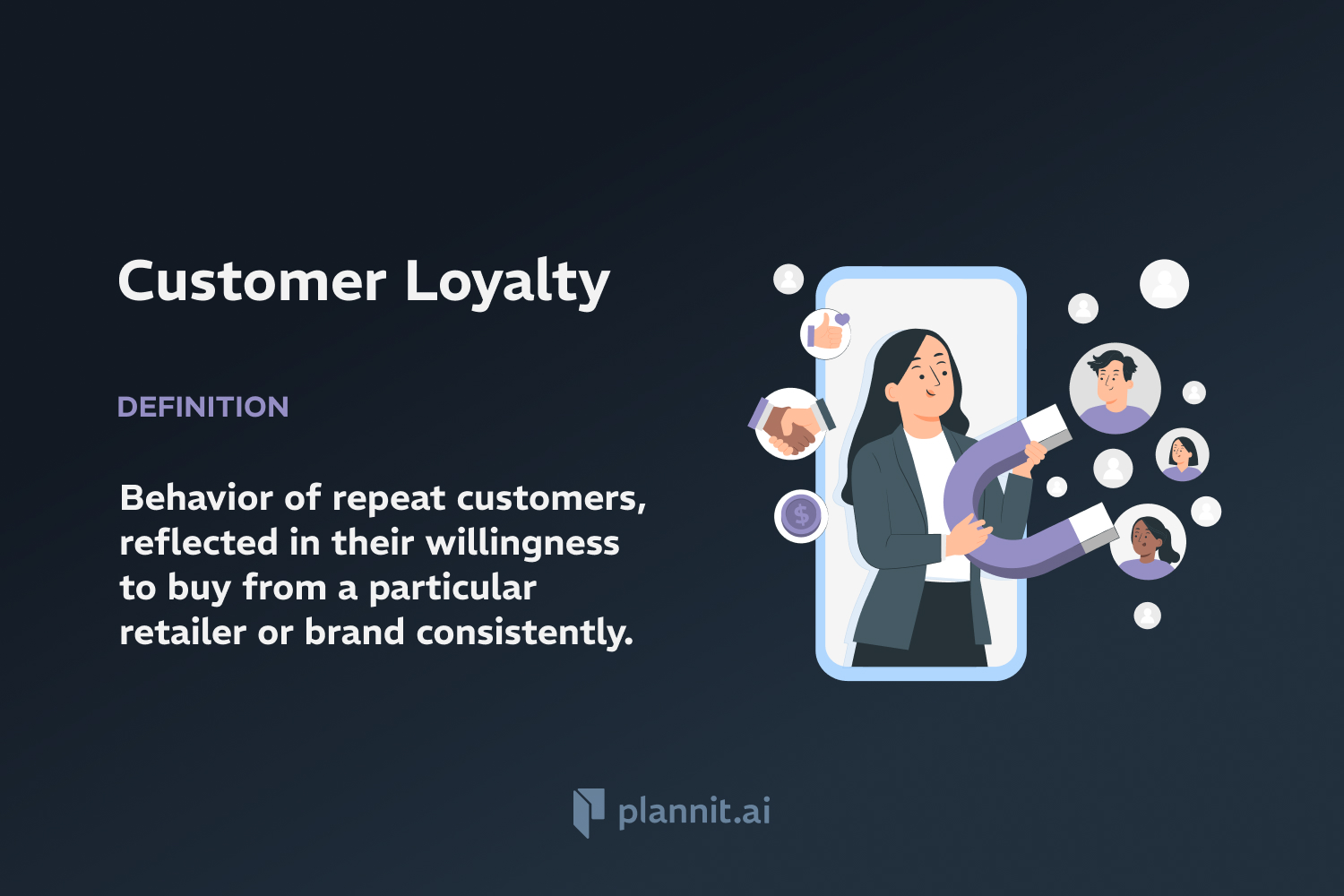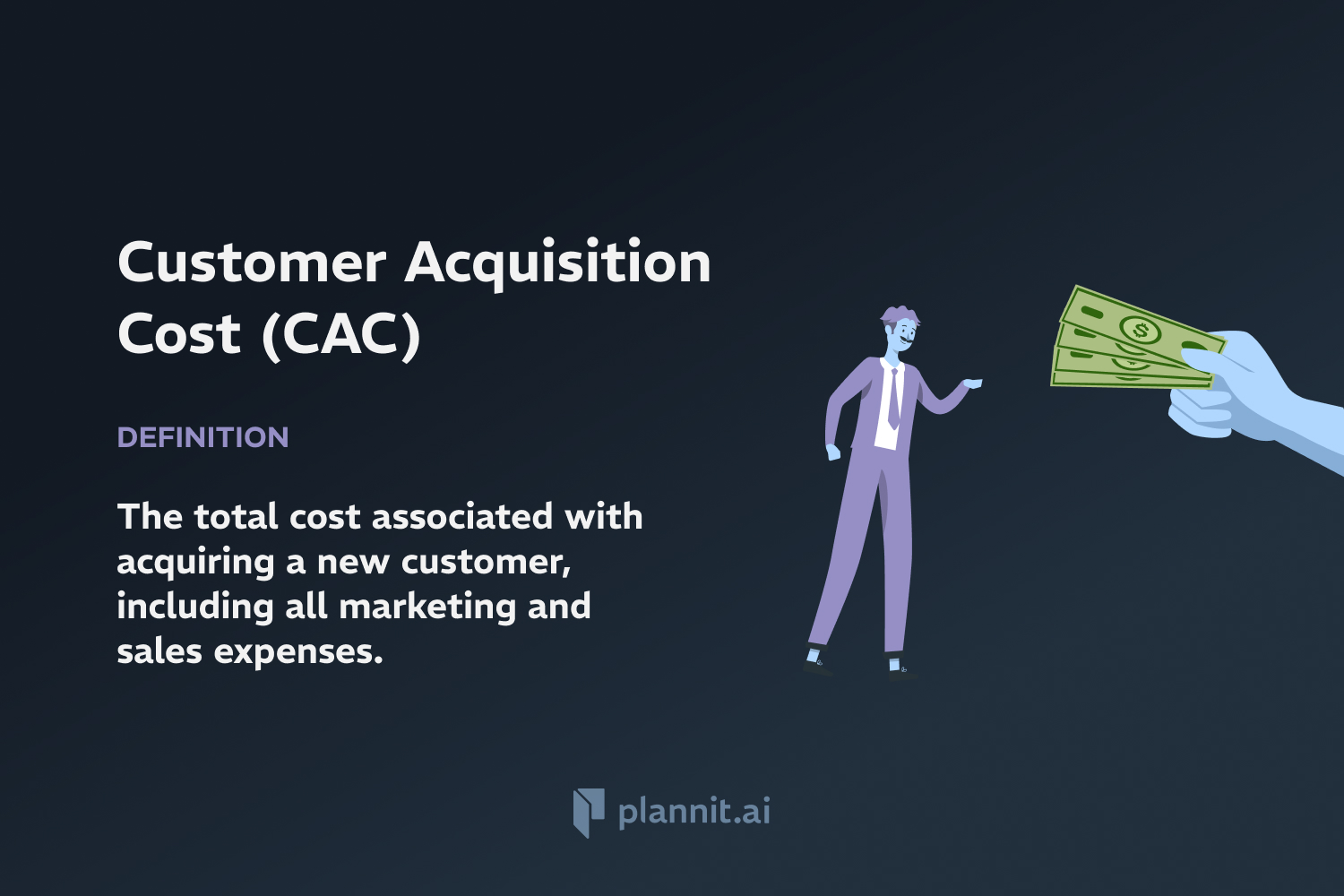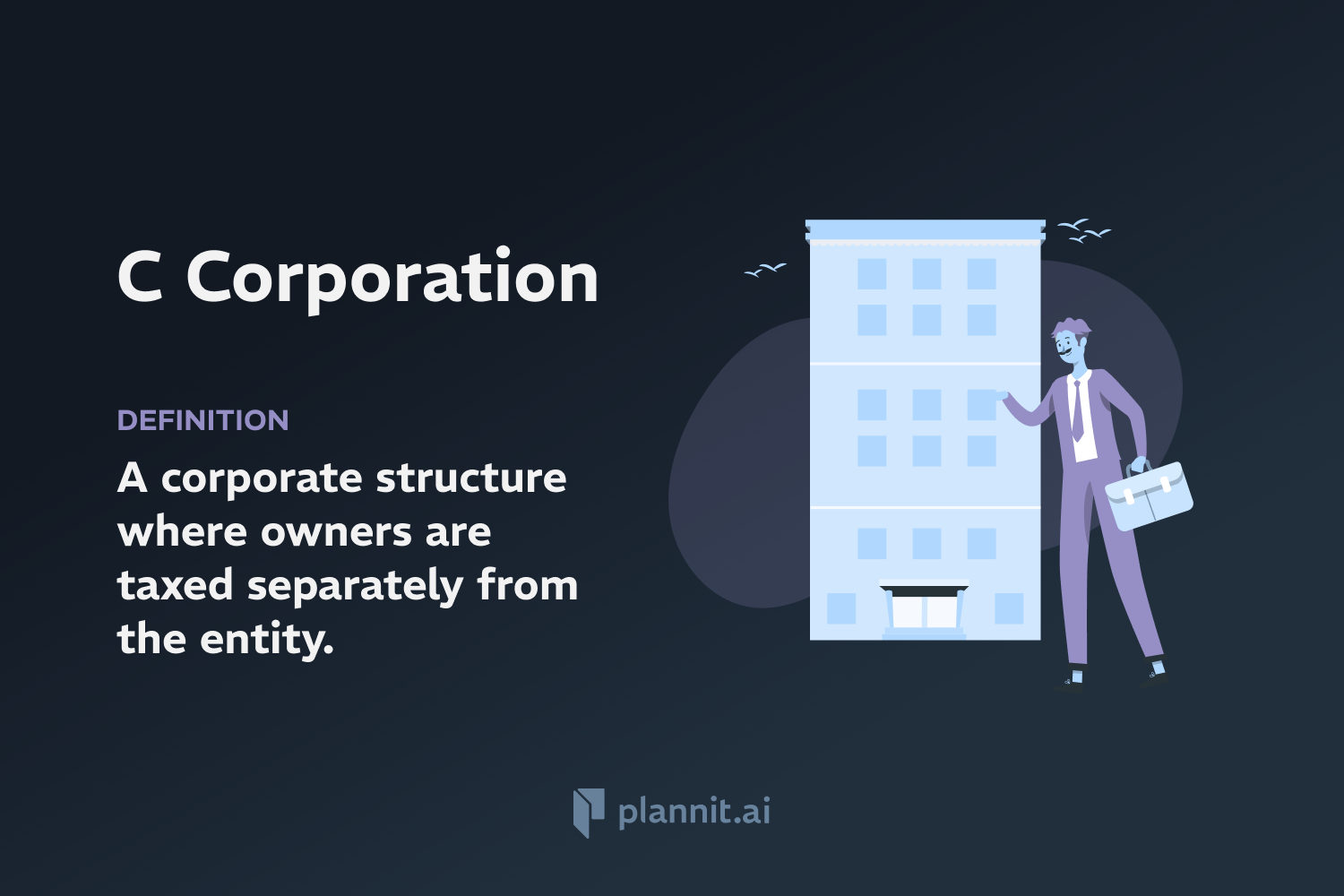Need Help With Your Business Plan?
Answer tailored questions and get a detailed business plan in minutes.
B2B (Business-to-Business): Definition & In-Depth Explanation

B2B refers to the commercial transactions between businesses, where one business provides products or services to another business. It contrasts with B2C (Business to Consumer), where businesses sell directly to the end consumer. B2B transactions are foundational to the global economy, encompassing a wide range of interactions such as supply chain relationships, wholesale transactions, and services provided by one business to another. Industries heavily involved in B2B transactions include manufacturing, software, wholesale, and professional services.
Purpose:
The purpose of B2B transactions is to support the operations of other businesses by providing them with the goods or services needed to function and thrive. This could involve supplying raw materials for manufacturing, offering software solutions to enhance business operations, or providing consulting services to help businesses navigate challenges. B2B relationships are often long-term and based on the development of significant trust and mutual benefit, focusing on creating value through partnerships and collaboration.
Example:
A software development company creates an accounting software package designed for small to medium-sized enterprises (SMEs). The company markets this software directly to other businesses rather than individual consumers. The businesses purchasing this software use it to streamline their accounting processes, enhance efficiency, and comply with financial regulations. This example illustrates a typical B2B model, where the primary transaction is between two businesses.
Related Terms:
B2C (Business to Consumer): The process of selling products or services directly to consumers, typically through retail or online platforms.
Supply Chain: The network between a company and its suppliers to produce and distribute a specific product to the final buyer.
Wholesale: The sale of goods in large quantities at lower prices to retailers or other businesses, rather than selling them directly to consumers.
SaaS (Software as a Service): A software distribution model in which a third-party provider hosts applications and makes them available to customers over the Internet, commonly utilized in B2B transactions.
FAQs:
How do B2B transactions differ from B2C transactions?
B2B transactions often involve more complex decision-making processes, larger transaction volumes, and longer sales cycles compared to B2C transactions, which typically focus on individual consumers making relatively smaller purchases.
What are the key considerations in B2B marketing?
B2B marketing strategies must consider the needs of businesses as customers, focusing on relationship building, demonstrating return on investment, and catering to the specific requirements and challenges of businesses.
Can a company be both B2B and B2C?
Yes, many companies operate in both B2B and B2C markets, offering products and services tailored to both business customers and direct consumers.
What role does digital marketing play in B2B transactions?
Digital marketing is increasingly important in B2B transactions, as it allows businesses to reach potential clients through online channels, provide detailed product information, and engage in targeted marketing efforts.
How important is customer service in B2B relationships?
Customer service is crucial in B2B relationships, as the complexity and value of transactions often require high levels of support, trust, and ongoing engagement to maintain successful partnerships.
Get funding with a business plan that will impress investors.
Starting a New Business?



